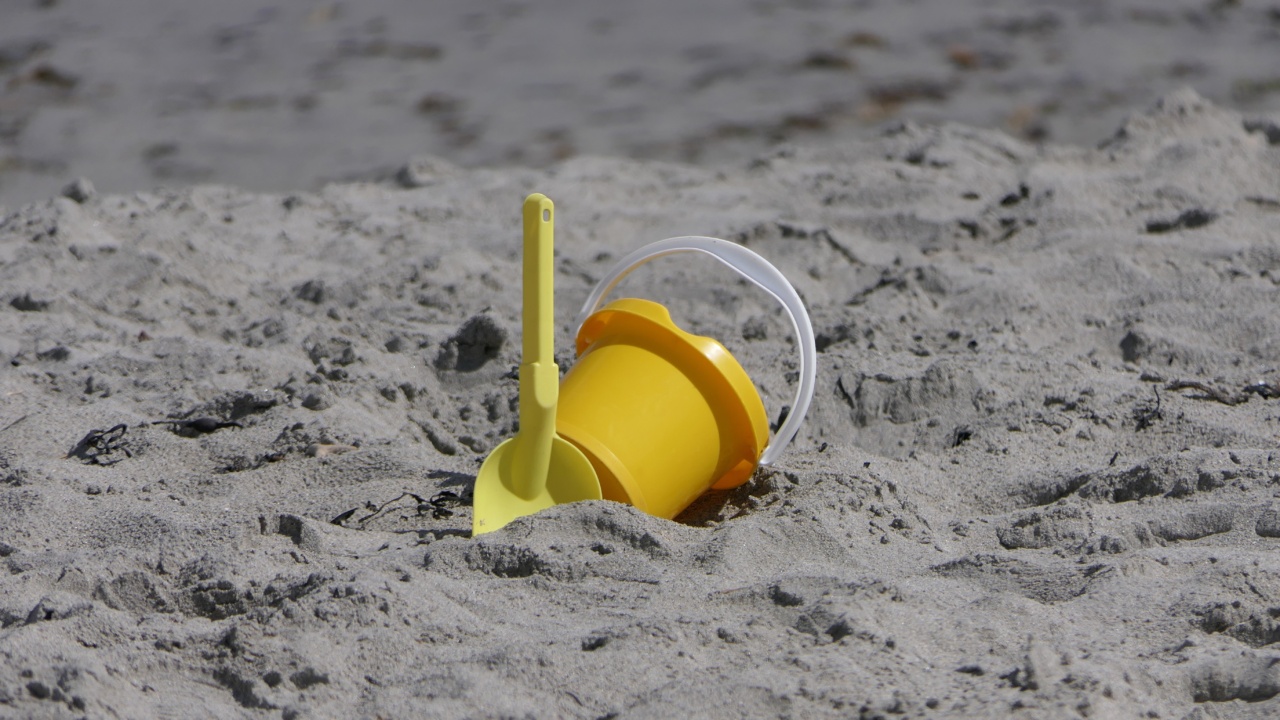As we grow up, we face different health challenges that shape our overall well-being. Some health issues can be transferred from one generation to another or can be acquired due to environmental factors.
Infections are one of the significant health challenges that can affect our long-term health. The early years of life are critical since they form the foundation for a healthy and productive life. In this article, we will explore how early infections impact our long-term health.
Bacterial Infections
Bacterial infections are a common type of infection that many people experience. In the early years of life, children are more prone to bacterial infections because their immune systems are still developing.
Some of the early infections that can have long-term effects include:.
Pneumonia
Pneumonia is an infection that causes the lungs to fill up with fluid, which can lead to breathing difficulties.
Although pneumonia can be treated, it can have some long-term consequences such as increased chances of asthma, COPD, and other respiratory issues. Some studies show that adults who had pneumonia before age 5 are more likely to have problems with their lung functions.
Meningitis
Meningitis is an infection of the membranes that surround the brain and spinal cord. Meningitis can have long-term effects such as hearing loss, vision problems, and cognitive issues.
The effects of meningitis can be severe, and some people may experience long-lasting neurological problems.
Urinary Tract Infections
Urinary tract infections (UTIs) are common infections that occur in the bladder, kidney, and urethra. Children who have UTIs at an early age may have long-term damage to their kidneys and urinary tract.
If left untreated, UTIs can lead to kidney damage, delayed growth, and high blood pressure.
Viral Infections
Viral infections are also prevalent in early childhood. Although most viral infections are not life-threatening, some can have long-term effects. The following are some of the viral infections that can impact long-term health:.
Hepatitis B and C
Hepatitis B and C are viral infections that affect the liver. Children who acquire these infections during early childhood are more likely to develop cirrhosis, liver cancer, and other liver diseases later in life.
Vaccination against hepatitis B can protect children from this virus.
Human Papillomavirus (HPV)
HPV is a sexually transmitted infection that can cause genital warts and cervical cancer in women. The HPV vaccine is recommended for adolescents as a preventive measure.
Influenza
Influenza is a viral respiratory infection that can affect people of all ages. If a child experiences severe flu symptoms at an early age, they may be at increased risk of developing asthma later on in life.
Fungal Infections
Fungal infections can also impact long-term health if left untreated. The following are some of the fungal infections that can have long-term effects:.
Candidiasis
Candidiasis is a fungal infection that can cause thrush in the mouth, vaginal yeast infections, and diaper rash. In severe cases, candidiasis can spread to other parts of the body, leading to more severe health issues.
Aspergillosis
Aspergillosis is a fungal infection that primarily affects the lungs. Children who acquire aspergillosis during early childhood are at increased risk of developing chronic bronchitis and obstructive lung diseases later on in life.
The Effects of Early Infections on Long-Term Health
The effects of early infections on long-term health are dependent on various factors, including the severity and duration of the infection and the body’s immune response. Some of the long-term effects of early infections include:.
Compromised Immune System
Children who experience frequent infections during early childhood may have a weakened immune system. The immune system plays a critical role in protecting the body from infections and diseases.
A weakened immune system can lead to other health issues, including frequent infections and allergies.
Respiratory Issues
Some infections such as pneumonia and bronchitis can lead to long-term respiratory issues. These respiratory complications can affect lung function, leading to chronic lung diseases or asthma.
Organ Damage
Infections such as meningitis and UTIs can cause long-term damage to the brain, kidneys, and other organs.
The long-term effects of organ damage can range from mild to severe and can lead to other health issues such as high blood pressure and delayed growth.
Chronic Diseases
Long-term effects of infections can cause chronic diseases such as hepatitis, cirrhosis, and liver cancer. These chronic diseases can lead to impairment or failure of various organs and can be life-threatening in some instances.
Preventative Measures
Preventative measures such as vaccination, good hygiene, and avoiding high-risk activities such as unprotected sex can help reduce the risks of developing infections at an early age.
Early detection and treatment are also crucial in preventing long-term effects of infections.
Conclusion
In conclusion, early infections can have significant impacts on long-term health. Some infections can cause severe damage to various organs and lead to chronic diseases.
Preventative measures such as vaccination, good hygiene, and early detection and treatment are crucial in reducing the risks of long-term effects of infections.






























